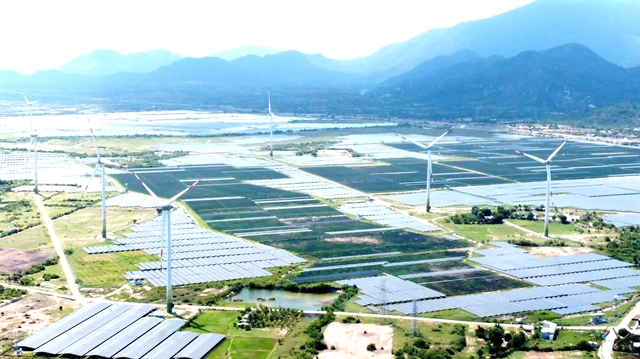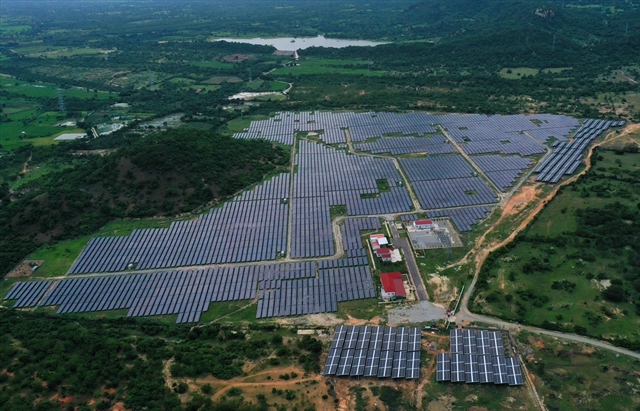 Environment
Environment

 |
| The draft identifies 11 key Level 1 sectors in the green economy framework, including agriculture, manufacturing, electricity, waste management, construction, and finance. — VNA/VNS Photo |
HÀ NỘI — The Ministry of Planning and Investment (MPI) is currently seeking public feedback on a draft decision from the Prime Minister to establish a new national economic sectors system, which specifically includes a National Green Economy framework.
Việt Nam's economic sectors system, outlined in the draft for State statistics, categorises the economy into five levels, starting with 22 sectors at Level 1, coded alphabetically from A to V, and extending to 733 sectors at Level 5 with numerical codes.
A key highlight of the draft is the National Green Economy framework, which is divided into three main categories, including green sectors, transitioning sectors, and supporting sectors.
Green sectors consist of economic activities that align with green growth goals and do not cause significant harm to other environmental objectives.
Transitioning sectors, while potentially harmful to some environmental targets, play a crucial role in Việt Nam’s economy and will be encouraged to shift towards more sustainable practices.
Supporting sectors include activities that indirectly contribute to green growth by aiding or complementing green industries.
The draft identifies 11 key Level 1 sectors within the green economy framework, including agriculture, manufacturing, electricity production and distribution, waste management, construction, transportation, telecommunications, finance, real estate and scientific and technological services.
A sector is classified as green if it meets at least one of several key environmental objectives, such as mitigating climate change, protecting ecosystems or advancing the transition towards a circular economy.
This comprehensive system aims to foster Việt Nam’s green economy by providing clear guidelines for industries to follow, encouraging sustainable practices across multiple sectors. Implementing this framework will ensure that Việt Nam's economic growth is environmentally responsible and supports long-term sustainability.
The draft decision is currently open for public consultation. The proposal underscores the government's dedication to integrating economic development with environmental protection, setting the foundation for a greener future. — VNS




